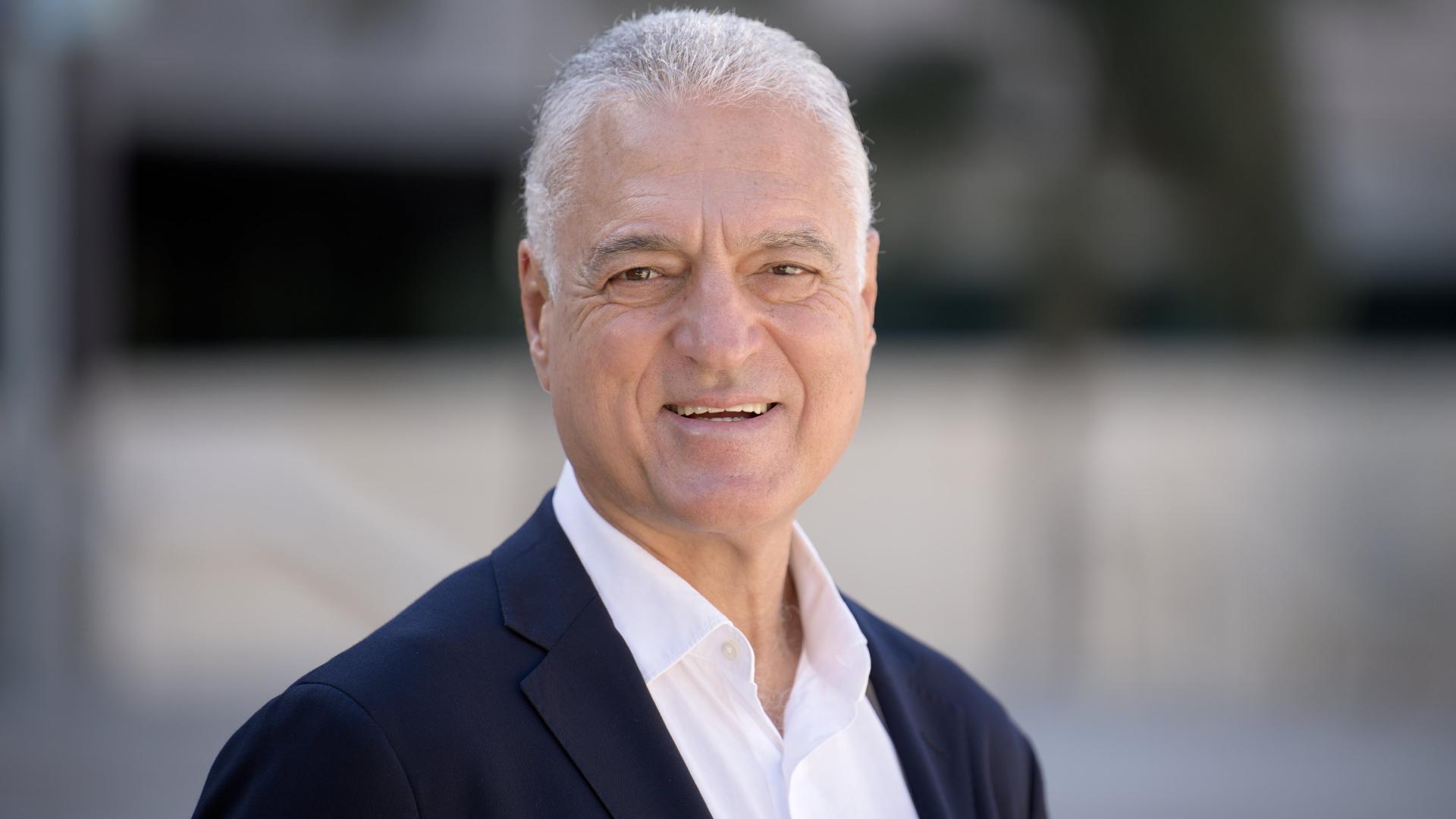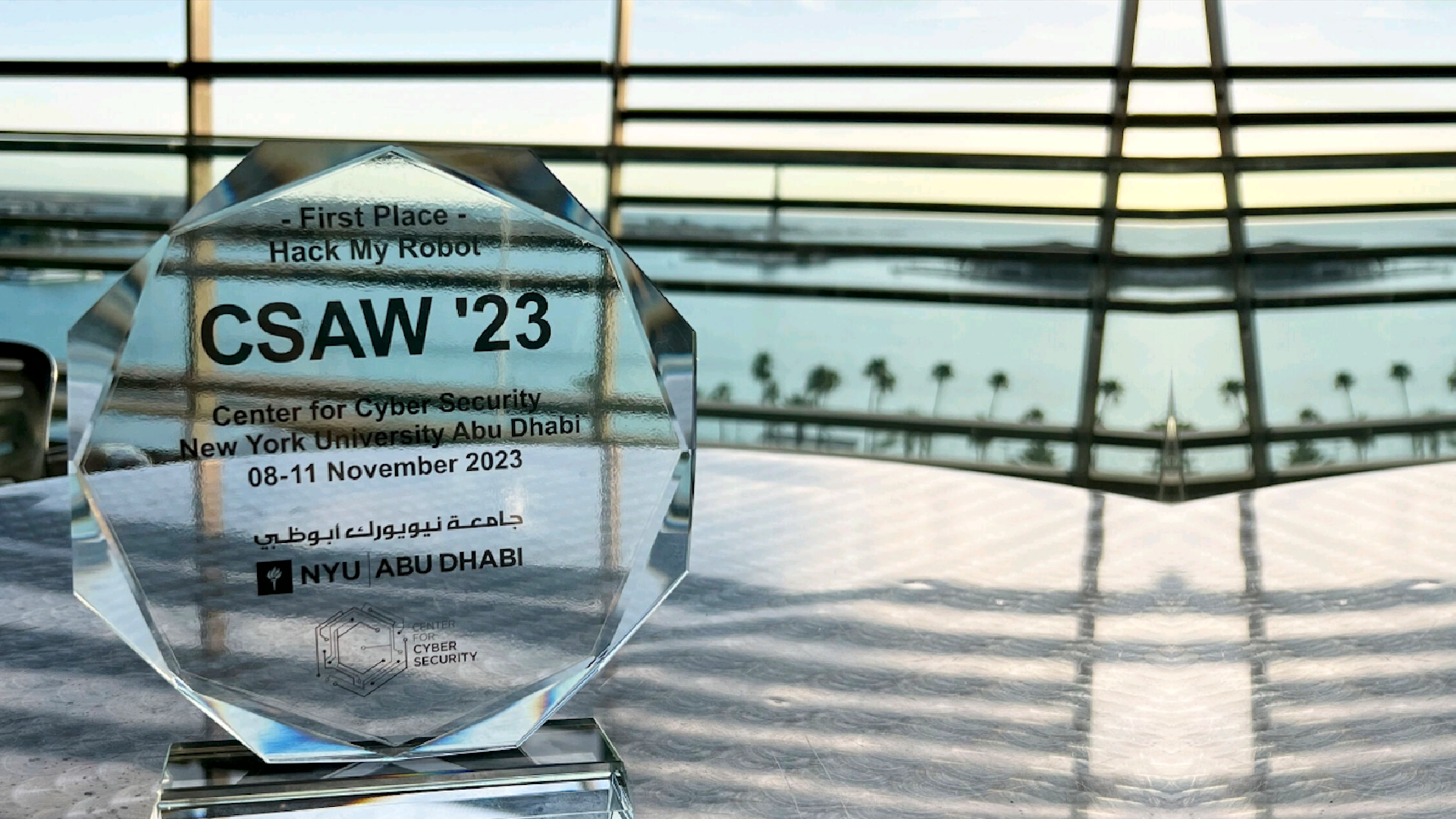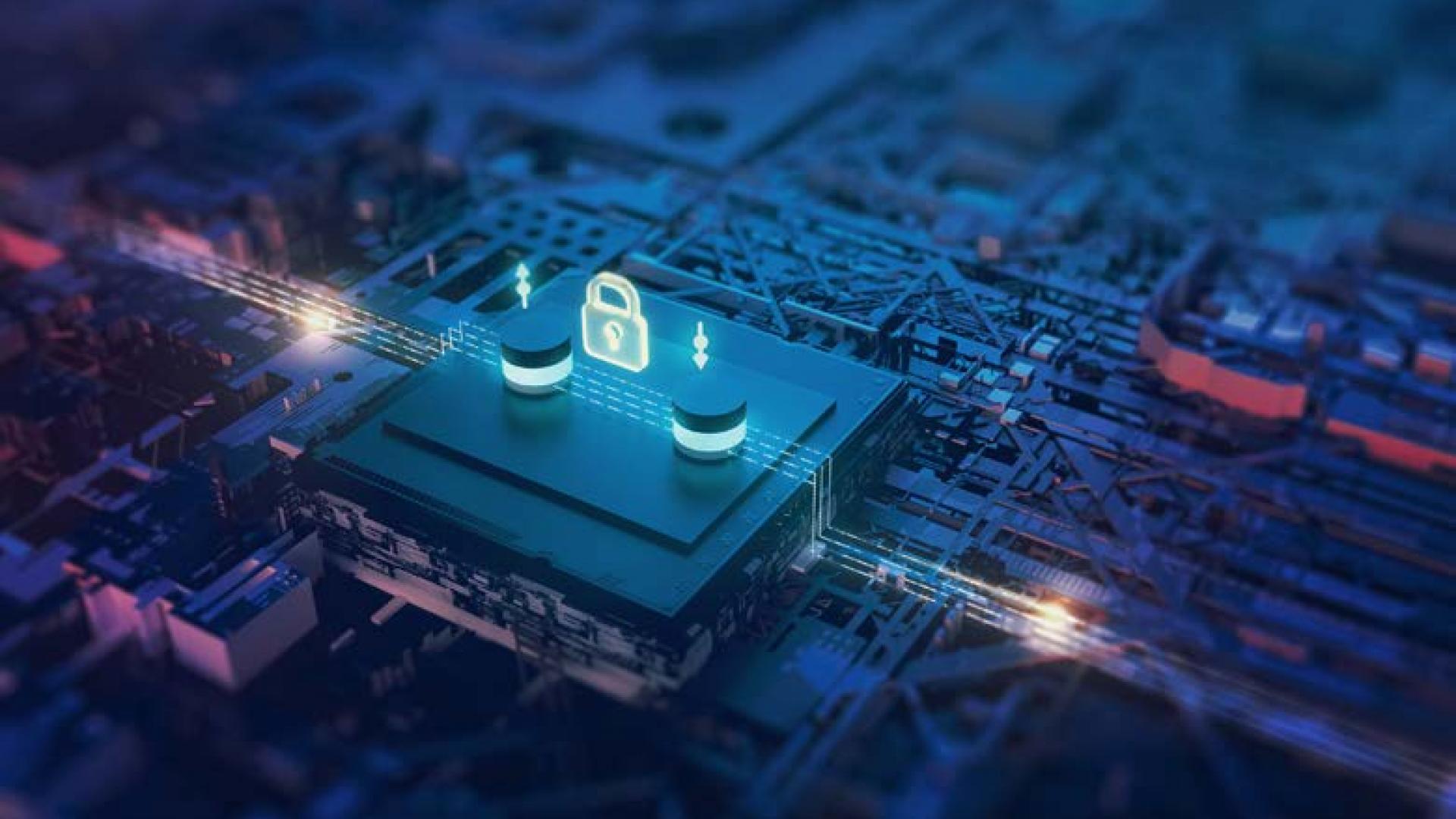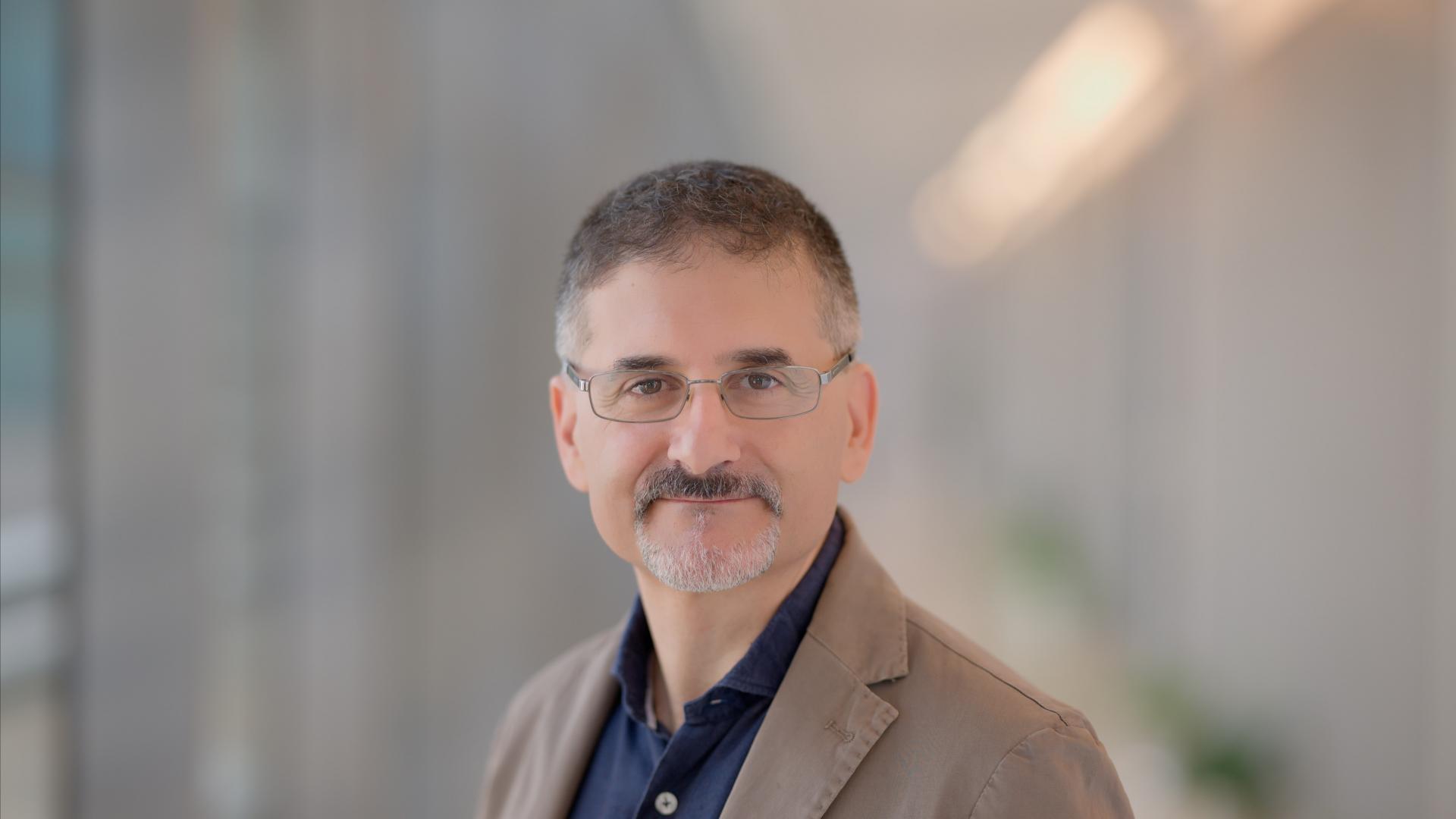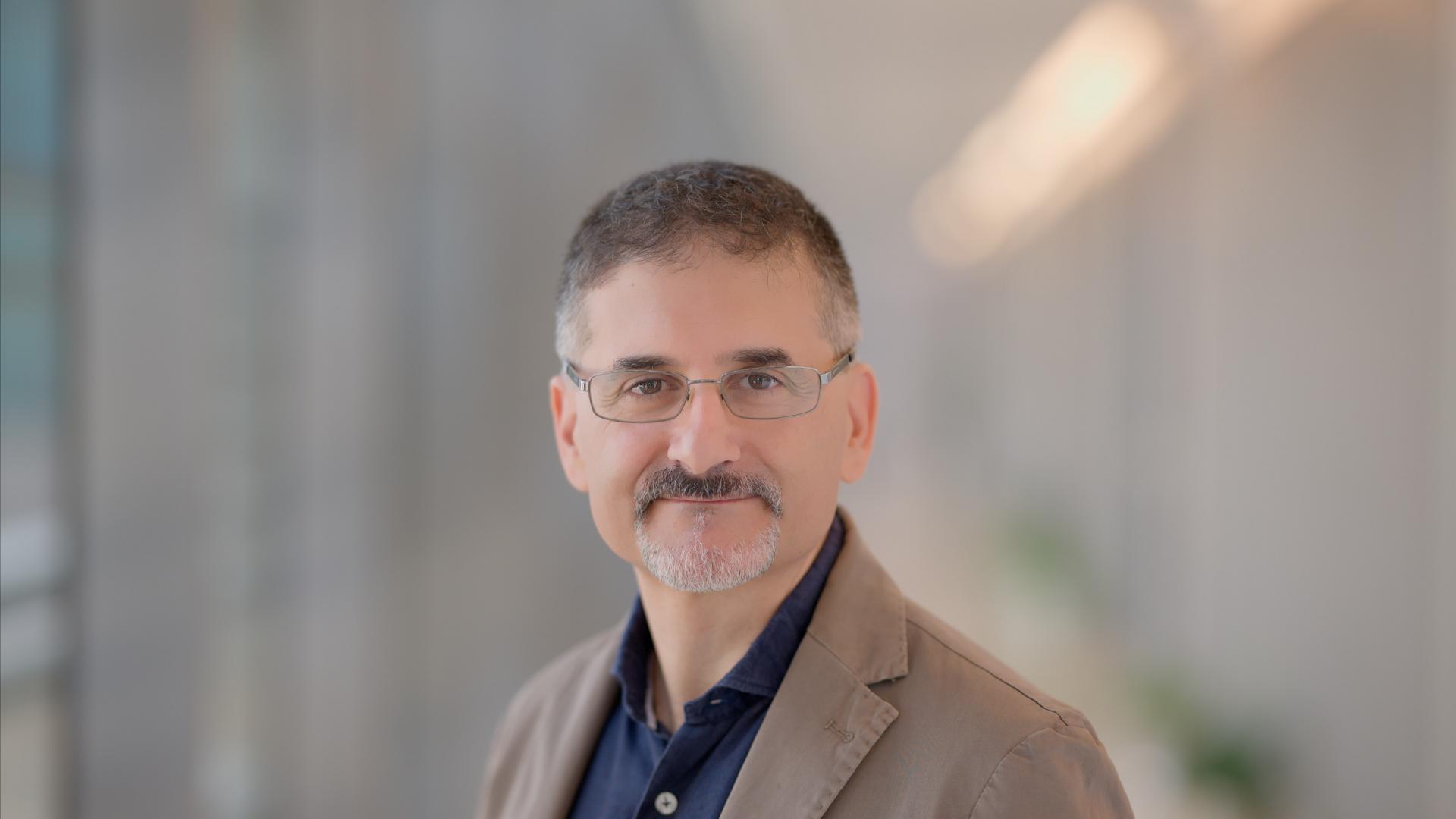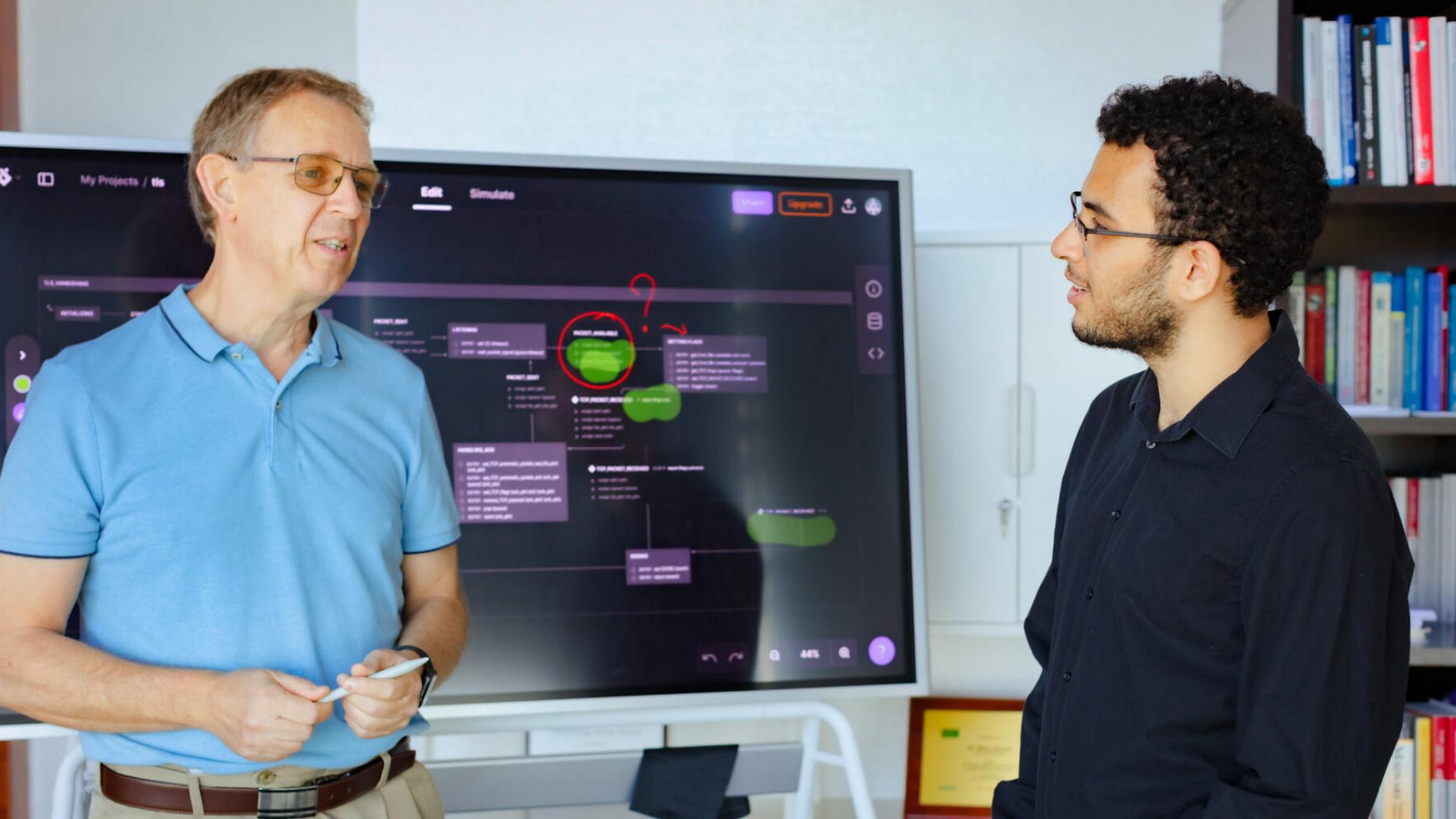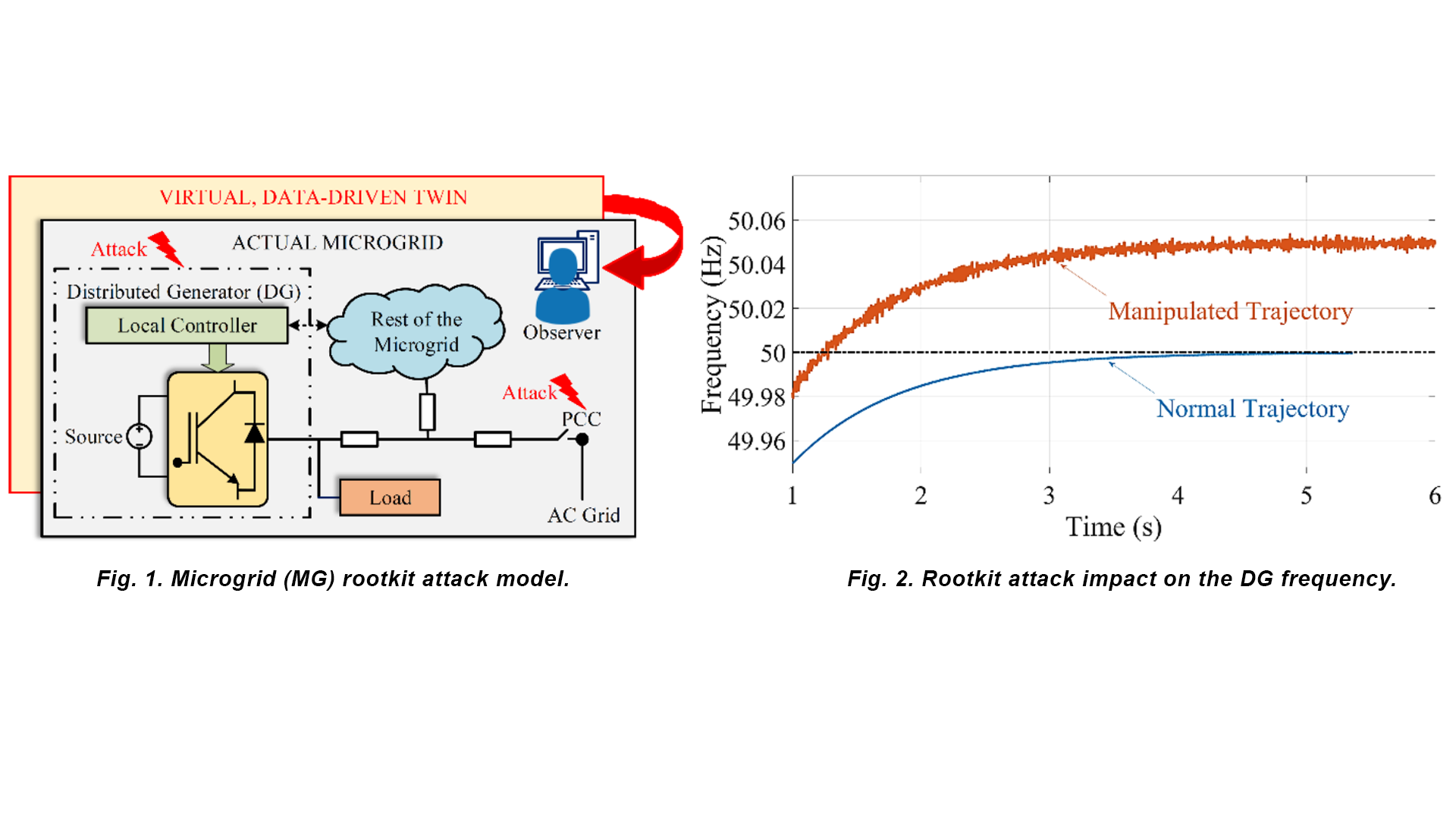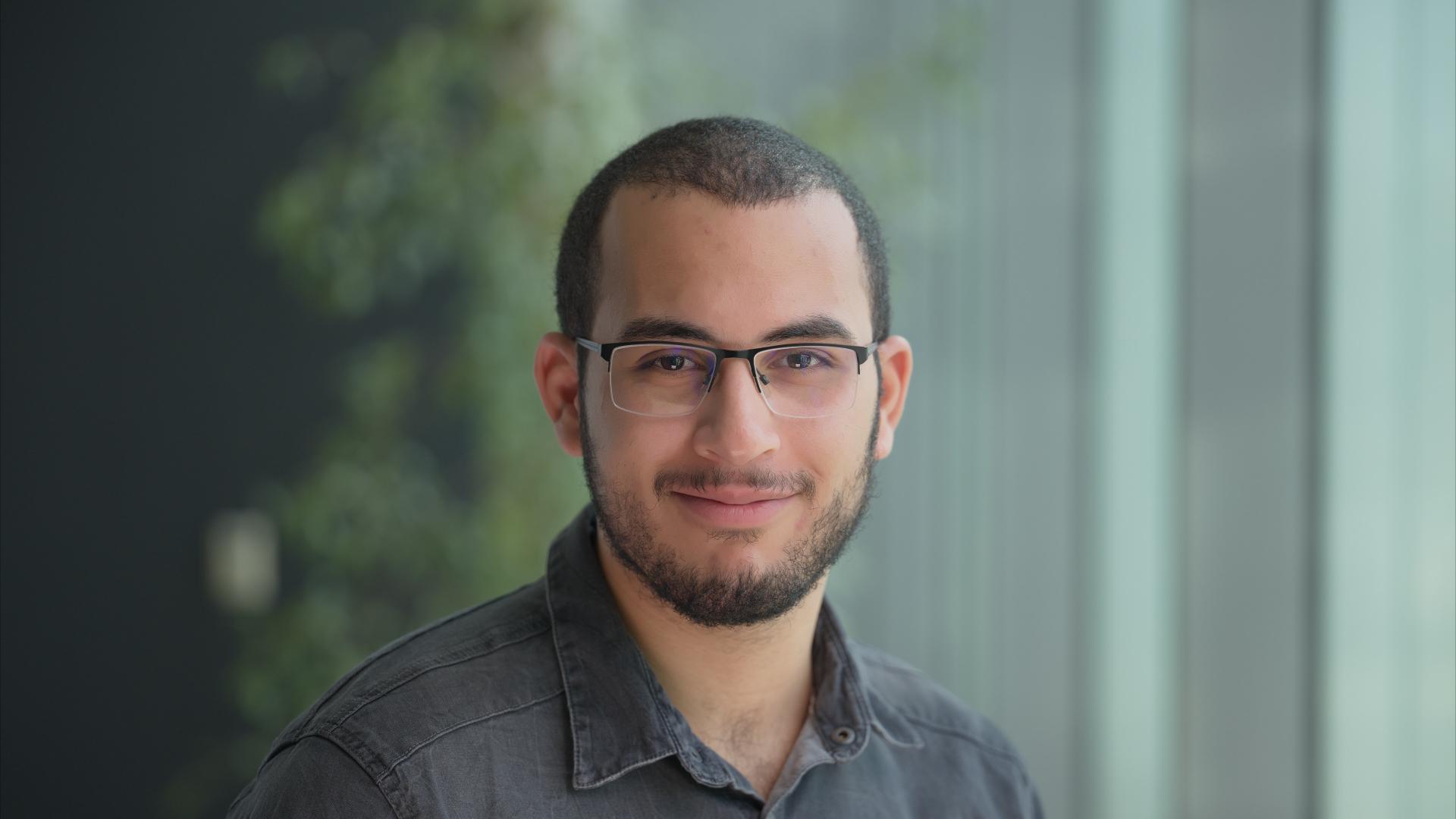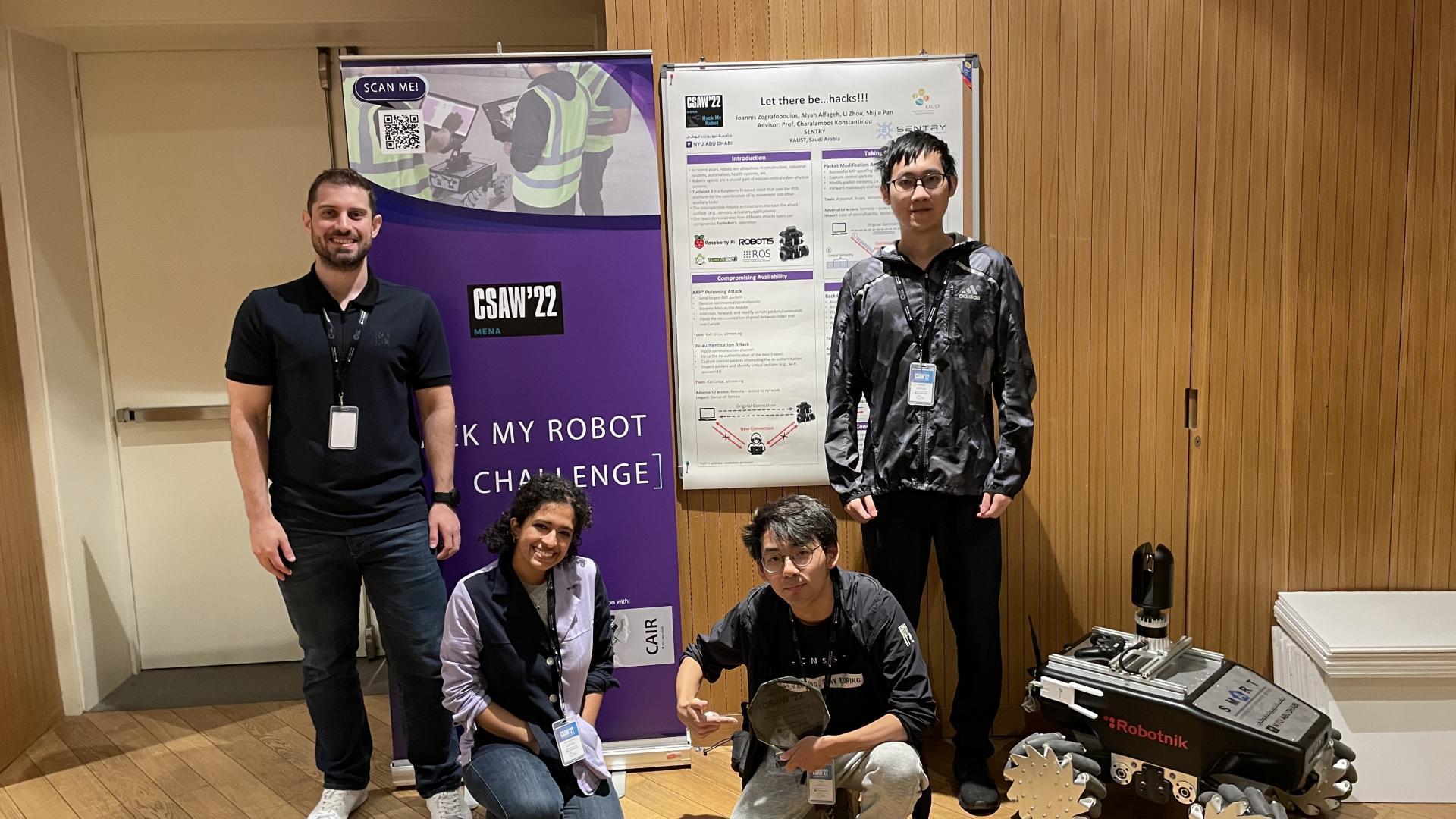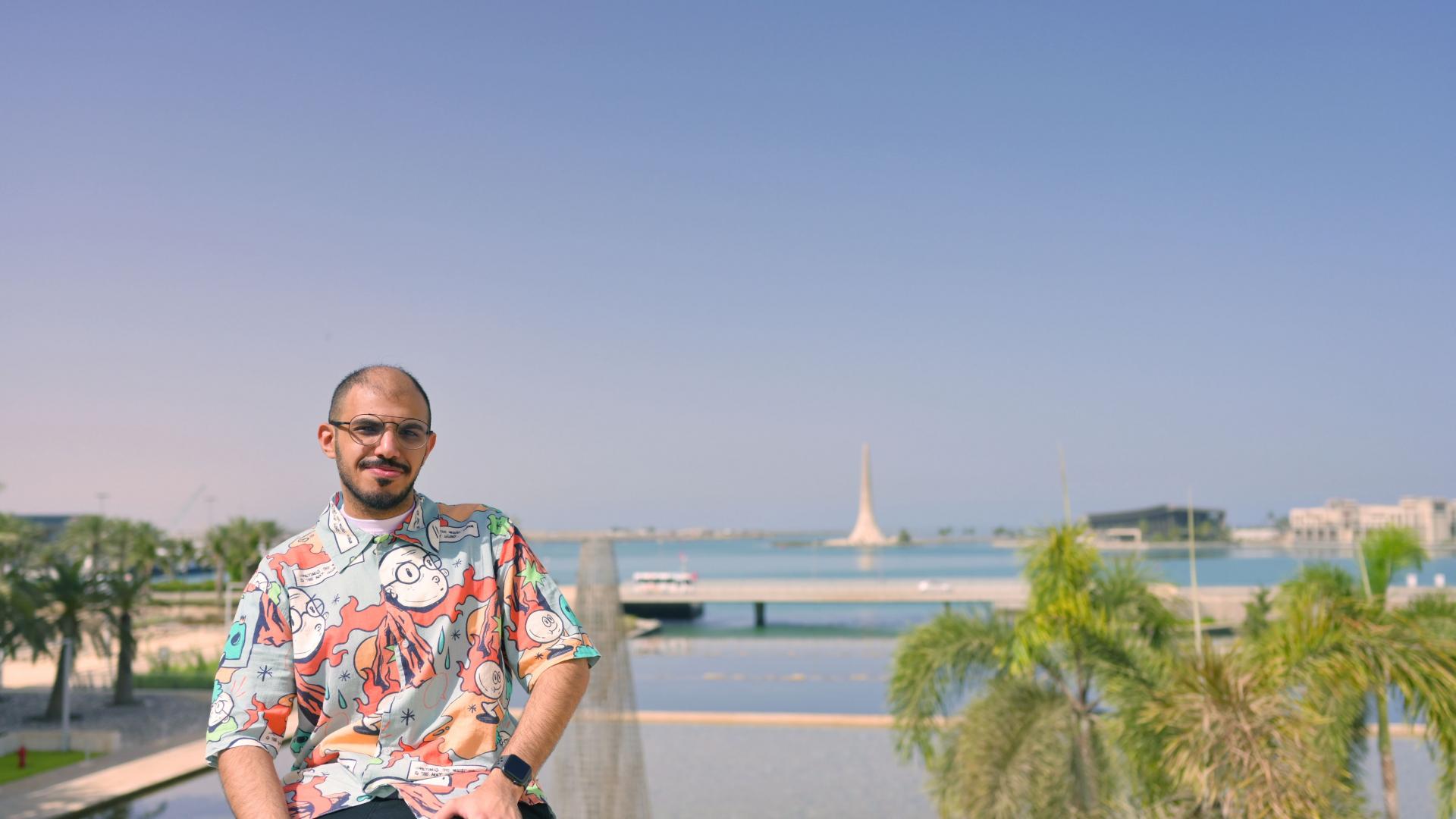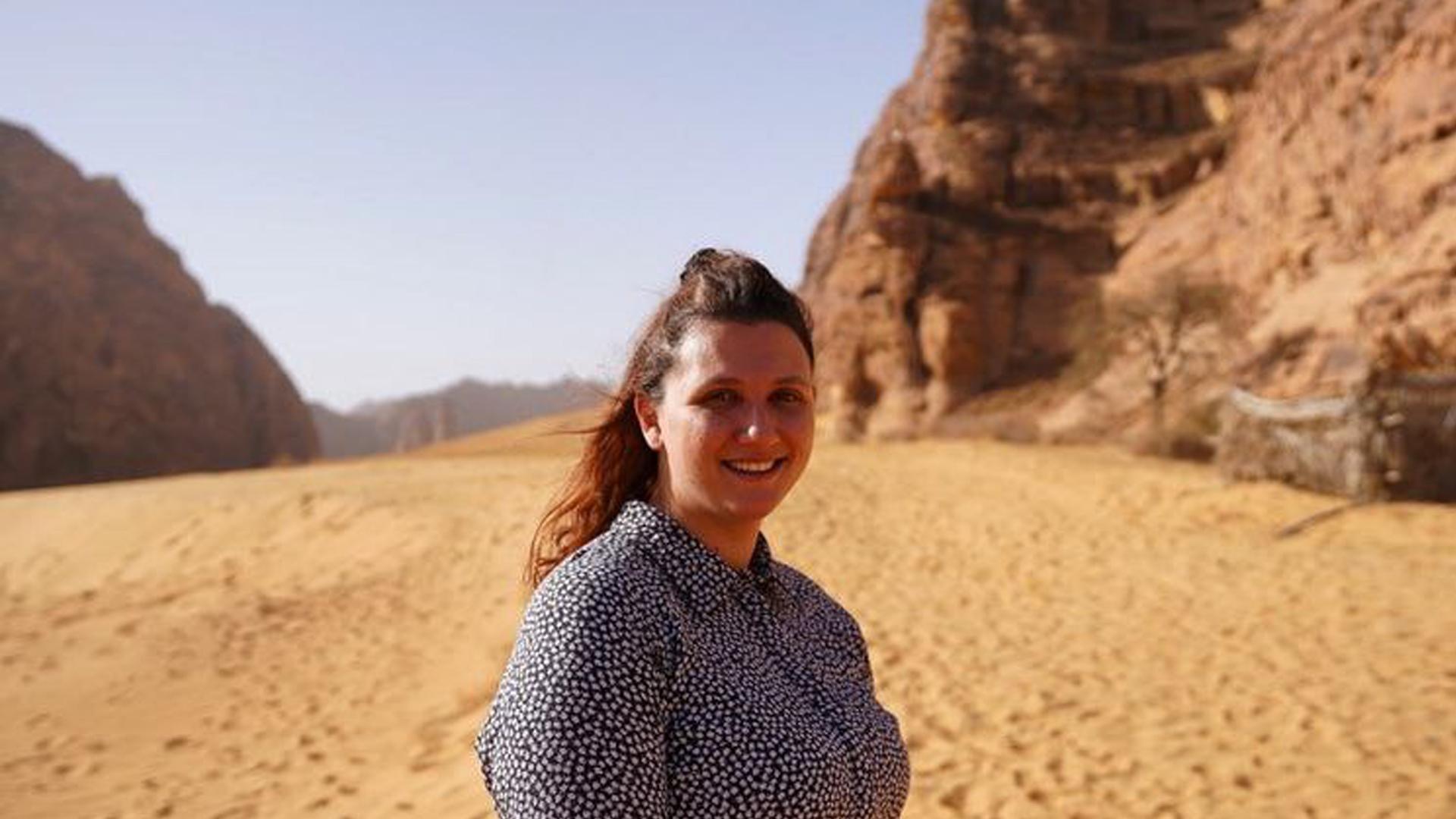Ilies arrived at KAUST in mid-July, initially as a visiting student at the RC3 center. He started his Ph.D. two months later in September under the supervision of Professor Marc Dacier. His research focuses on network security-related topics such as invisible semi-active components in end-to-end communications.
Technology and innovation are in constant evolution providing new services, products and solutions at the swiftest pace in human history. Progress and competitiveness incentivize businesses to pursue a continuous improvement that we expect will benefit society as a whole.
Elisa Chiapponi has spent five weeks, from the 14th February to the 22nd March, at RC3 in KAUST as a visiting student. The visit was made in the context of her Ph.D. in digital security, carried out under the supervision of Prof. Dacier.
Power grids have become far more complex in recent decades due to energy demands, environmental regulations and small-scale renewable energy systems that turn businesses and individuals into combined consumer-producers. One way to ensure that power supplies remain resilient is to create small groups of sources and loads called microgrids.
